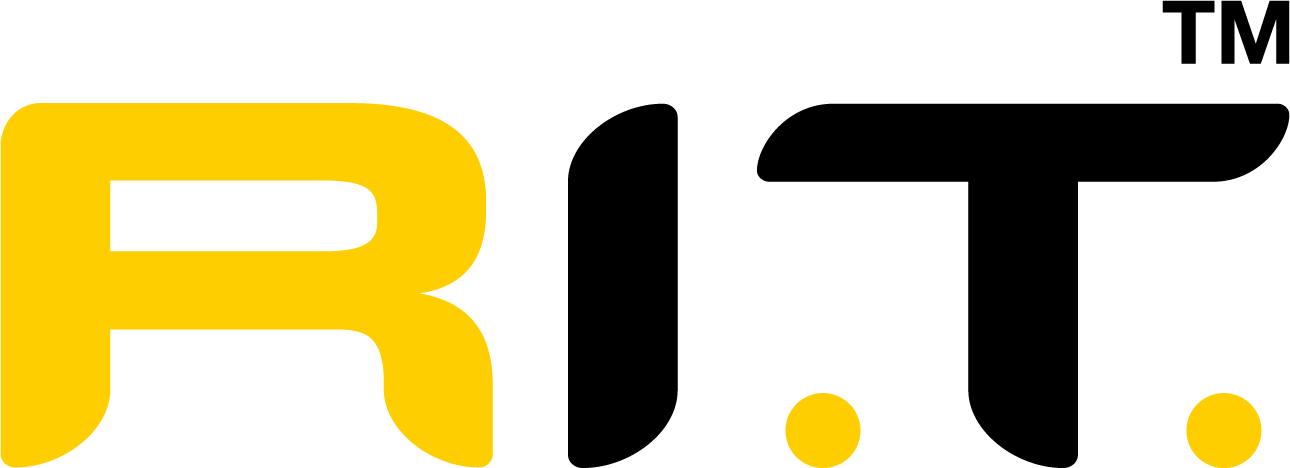6 CV Mistakes to Avoid
Your CV can either make or break you.
It is a valuable tool when navigating the job market and having a good resume can make all the difference.
The problem with creating a CV is it can be hard work, especially for first-timers, or if you haven’t updated it for a long time.
There are many things to consider when writing one and, in this blog, we’ll highlight the dos and don’ts plus provide a FREE CV template at the end!
CV Don’ts
Recruiters and hiring managers are busy people, who can receive many CVs for any given role. They may just take a quick scan of your CV before deciding whether to invite you for an interview or not, and a poorly written CV could mean you miss the chance of being chosen.
So, to grab the attention of your recruiter or future employer and stand out among the pool of applicants, here are six (6) CV mistakes you should avoid at all costs and what you can do instead:
1. Listing all your roles on your CV
Don’t include irrelevant experience or credentials. Review the job description and decide which of your credentials fit.
If you’re applying as a Web Developer and they need someone with experience on JAVA, Node.js, or general programming tools, you need to cut out your previous role as a coffee shop barista or a service crew assistant.
Instead, highlight your IT-related experiences i.e., Technical Support, Mobile Application Developer, etc.
2. Having a poorly structured and ambiguous CV
Ambiguity in your credentials, accomplishments, and work experience will lessen your chances of being chosen for the role.
Avoid using graphs and percentages to indicate your proficiency in each skill. Instead, specify your accomplishments by being more specific and results based.
Sell yourself without being wordy and structure your CV in sections so it’s easier to scan.
Create sections for your skills, previous work experience, accomplishments, and personal information. Under these sections, you can add bullet points to specify your accomplishments.
Avoid wordy and complicated sentences – keep it short, concise, and specific.
Don’t:
Key Accomplishments
- When I was in my first year as a web developer, I was fortunate enough to create a website for a very well-known brand and helped increase traffic and revenue for the business during its first three months.
Do:
Key Accomplishments
- Developed a website for (specify the brand) garnering 30% more site traffic three months after its launch.
Pro tip: Include numbers and highlight results when working on this section of your CV. You must also be mindful of your spelling and grammar, and AVOID using tables at all costs!
3. Using a generic CV for all roles
Crafting the perfect CV is like making cover letters—it must be specifically curated to address the question “Why should we hire you?”
In a competitive market where there are tons of professionals vying for the same position, it is vital to stand out and be unique, and you can do this by creating a goal-specific CV that highlights your key accomplishments and qualifications, that are relevant to the role you are applying for.
Pro-tip: Tweak your accomplishments, focus on the job description, and curate your CV accordingly. Keep your CV honest, but add keywords that align to the role you’re applying for.
4. Putting references you had a bad history with
Be mindful of who you include in your character and professional references.
Carefully select the names of your colleagues or seniors from roles you excelled at, and you’ve been commended for.
If, for example, you got removed from your role because of absenteeism or inferior performance, it’s best to not include it on your resume as it will only taint your records.
Only include managers, supervisors, or colleagues you had good relationships with who can provide a positive reference and help you land the role.
CV Do's
Your CV is your first step to impressing potential employers. It's also the place where you can tell a story and sell yourself in one go.
To make your application stand out and increase your chances of landing an interview, a professional-looking and well-written CV that is tailored to the job is a must!
- Your CV should include the following:
- Personal details: Name, address, contact details (mobile number) and e-mail address.
- Education: include details of your degree, relevant training, and accreditations.
- Relevant work experience covering each stage of your career up until now with references that can back up what you say about each role and employer (if applicable). If there are gaps in your work history or if there are any gaps between jobs, then be prepared to explain these during the interview process with the recruitment agency or hiring company, where they may ask for further information about the gap, or add the date of break (i.e., June 2012-Feb 2013 – Parental Leave)
- Quantify your key accomplishments under each role and focus more on the results.
- Provide professional references.
How to structure a CV
- One to three pages is the ideal length of a CV.
- Your CV should be formatted in a consistent way that is easy to read and scan.
- Use standard margins and font sizes for each section of your document – contact details at the top, education details below that, and personal information towards the bottom.
- Ensure that all sections are clearly labelled on their own lines by using different fonts from one another (for example: bolding an email address). This makes it easier for recruiters and managers who need substantial amounts of information about you within seconds!
Here’s a FREE CV template to help you curate the perfect resume! Feel free to edit, omit, or add any information you think would be useful to convince your recruiter to consider you for the next part of the application process.
Follow us on LinkedIn and Facebook for more tips like this and be on the lookout for our upcoming blogs by visiting our website: www.recruitit.co.nz.
If you are looking for temp or perm roles, check out our Jobs board or message one of our Candidate Consultants if you think you are a good fit!
Connect with us!




